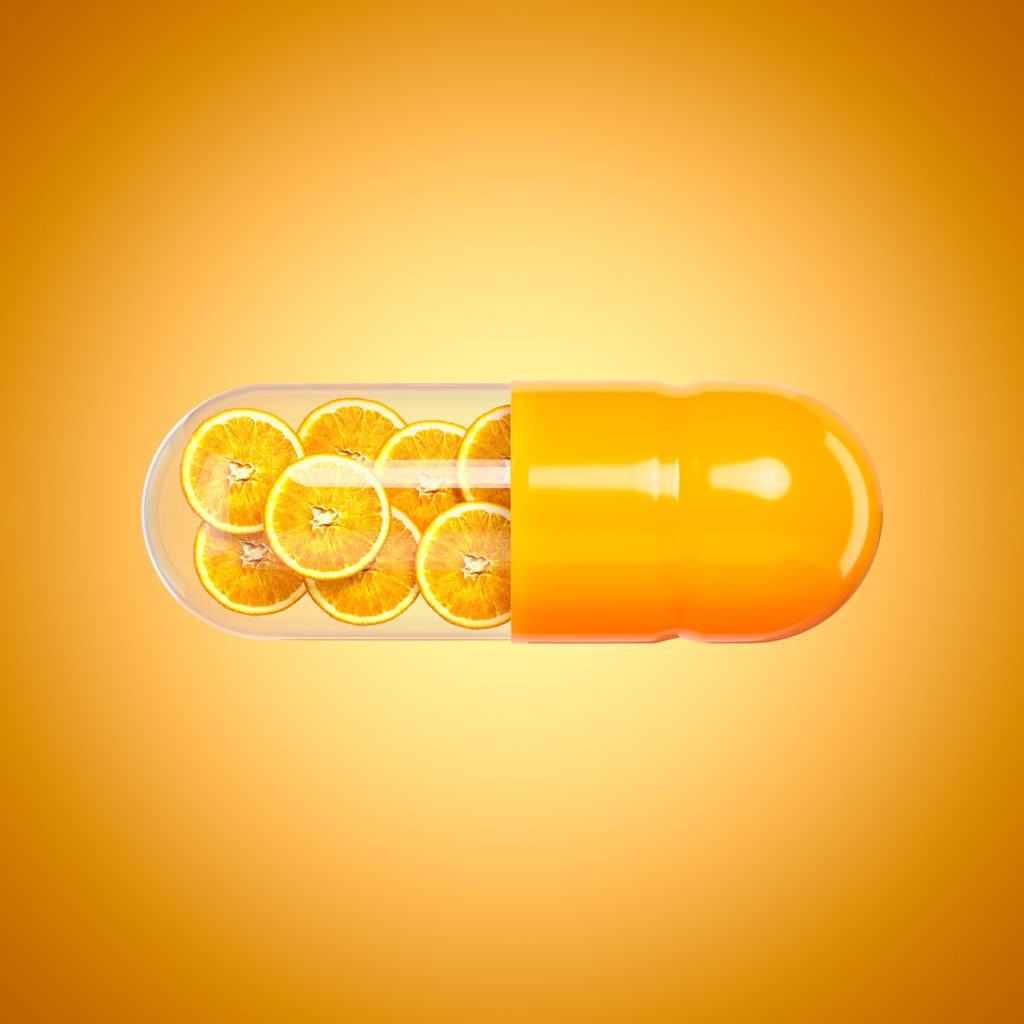
The benefits of taking Vitamin C for immunity have been a hot topic for years, but there is no doubt that Vitamin C is an essential micronutrient for humans.
Vitamin C for immunity
Vitamin C is a potent antioxidant and an important factor for many body functions, including protecting cells from damage, helping with wound healing, and of course, increasing immunity.
As an antioxidant, Vitamin C helps to reduce damage to cells caused by free radicals (oxidation) within the body. Oxidation can be caused by external factors such as cigarette smoke, air pollution, UV light (sun); and internal factors resulting from conversion of the food we eat into energy.
Vitamin C plays an important part in wound healing, by promoting collagen production.
Vitamin C accumulates in the cells that your body produces to fight infection and enhances the action of your body’s defence against pathogens (bad bugs). It also helps clear dead cells from the body, decreasing potential tissue damage.
Vitamin C deficiency results in impaired immunity and can make you more susceptible to infections. In turn, infection greatly impacts Vitamin C stores in the body.
This is why Vitamin C appears to be able to both help with prevention AND treatment of infections.
What food is high in Vitamin C?
Humans cannot produce Vitamin C, so need to consume it as a dietary component.
Fruits and vegetables such as citrus (oranges, kiwifruit, lemon, grapefruit), bell peppers, strawberries, tomatoes, cruciferous vegetables (such as broccoli, Brussel sprouts, cabbage, cauliflower) and white potatoes. are the best sources of this vitamin.
Examples of the vitamin C content (approximate) in some of these foods is as follows:
- red capsicum, raw, ½ cup = 95mg
- orange juice ¾ cup = 90mg
- 1 medium orange = 70mg
- ½ cup cooked broccoli = 50mg
- 1 raw tomato = 17mg
Is it good to have Vitamin C everyday?
When supplementing the diet with vitamins, it is important to note what dose is appropriate and also the differing products on the market.
Recommended Vitamin C doses for prevention of infections are at least 100-200mg per day.
Recommended Vitamin C doses for treatment are significantly higher at around 2,000mg per day.
-
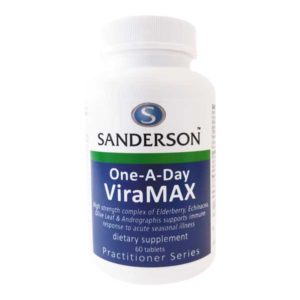 Sanderson One-A-Day ViraMAX, 60 tablets$18.49
Sanderson One-A-Day ViraMAX, 60 tablets$18.49 -
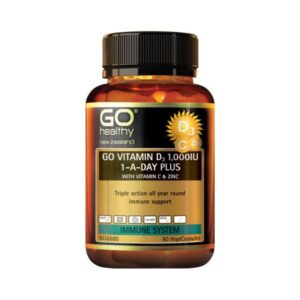 GO Vitamin D3 1,000IU 1-A-Day Plus With Vitamin C & Zinc, 60 vegecaps$18.99
GO Vitamin D3 1,000IU 1-A-Day Plus With Vitamin C & Zinc, 60 vegecaps$18.99 -
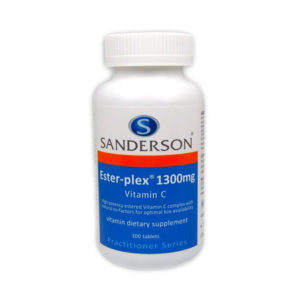 Sanderson Ester-plex Vitamin C 1300mg, 100 tablets$20.99
Sanderson Ester-plex Vitamin C 1300mg, 100 tablets$20.99 -
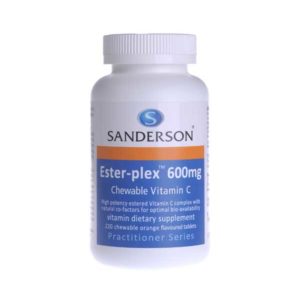 Sanderson Ester-plex Vitamin C 600mg Orange, 220 chewable tablets$18.99
Sanderson Ester-plex Vitamin C 600mg Orange, 220 chewable tablets$18.99 -
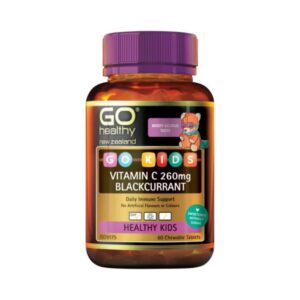 GO Kids Vitamin C 260mg Blackcurrant, 60 chewable tablets$5.97
GO Kids Vitamin C 260mg Blackcurrant, 60 chewable tablets$5.97
Buy your Vitamin C here
What’s the difference between different forms of Vitamin C?
Ascorbic acid. The most common form of Vitamin C. Easily available and cheap. It is acidic, so may cause stomach upset in some people.
Sodium ascorbate, Calcium ascorbate. Low acid alternatives. Gentler on the stomach, less irritating.
The amount the body can absorb of each of the above is very similar. Immediate release (or chewable) tablets are best taken in smaller doses throughout the day, because the body only absorbs a certain amount at a time.
Time release preparations allow the body to absorb the Vitamin C as it releases throughout the day.
Liposomal Vitamin C is Vitamin C encased in a lipid capsule.
Vitamin C is water soluble. However, most cells have a lipid layer protecting them (think of it as an oily layer). Encapsulating the water soluble Vitamin C in a lipid layer helps to achieve quicker and better delivery of the Vitamin C into the cells of the body. Therefore a lower dose of liposomal Vitamin C is needed.
Buy your Vitamin C here
What are bioflavonoids?
You will often see “bioflavonoids” in the ingredient list with most Vitamin C products. Bioflavonoids are “co-factors” and help the body absorb and utilize the Vitamin C.
Bioflavanoids are commonly found in everyday foods such as kale, parsley, citrus fruits, and even dark chocolate and red wine.
They are themselves an antioxidant and immune booster also.
Side effects of Vitamin C
Diarrhoea. This is due to too much Vitamin C. Reducing the dose will stop this symptom.
Nausea. Some people experience tummy upset due to the acidity. Switching to a different form of Vitamin C may reduce this (ask a pharmacist)
Hemochromatosis. If you have this condition which means you store too much iron in your body, Vitamin C could worsen iron overload and damage body tissues. Vitamin C is not recommended if you have haemochromatosis.
Interactions with other medicines
Vitamin C can interact with some medicines, like some cancer treatments for example, so always talk to a pharmacist if you are unsure.
Check out our Frequently Asked Questions or FreePhone 0508966622
References:
- Vitamin C and Immune Function – PubMed Central. Authors: Anita Carr and Silvia Maggini
- Vitamin C Fact Sheet For Health Professionals – National Institutes of Health (U.S. Department)
